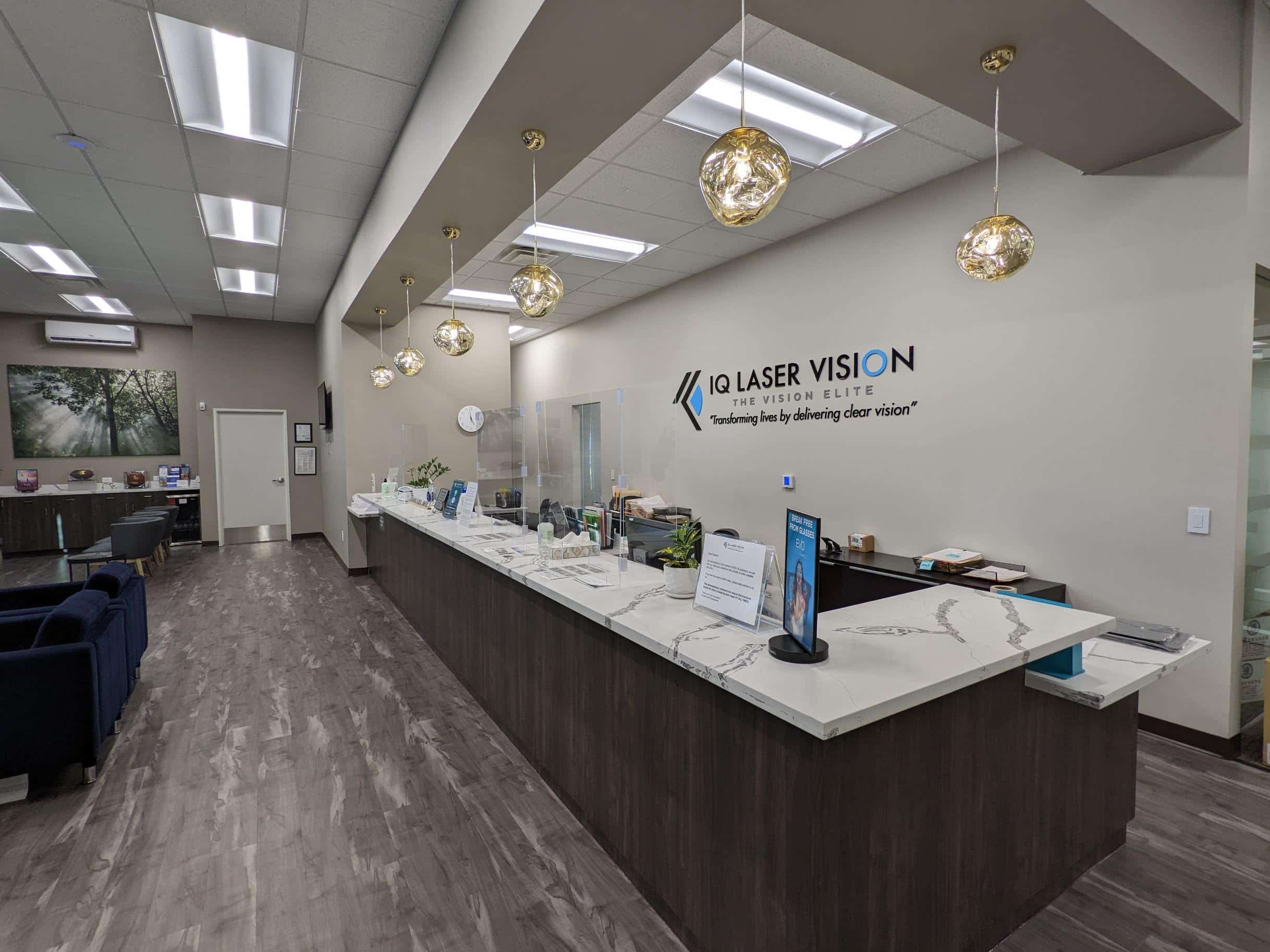Your eyes may be the windows to the soul but they can also tell you quite a bit about how healthy you are. Eye exams may be used to tell you if you have refractive errors like nearsightedness, farsightedness, and astigmatism, but you may be surprised to find out what else your eye doctor can learn from your eyes!
Keep reading for 8 things your eye doctor may be able to tell you about your health!
1. You Have Diabetes
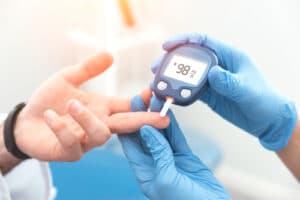
One of the first places that you may exhibit symptoms of diabetes is in your eyes. When you have diabetes, it affects the small capillaries in the retina.
These capillaries or blood vessels may leak fluid, which an eye doctor can see while performing an eye exam. If you have leaking blood vessels in your eyes, your eye doctor may diagnose you with something called diabetic retinopathy.
Blood vessels in the retina leak when they become weak and unstable due to high, irregular blood sugar levels.
2. You Have Lyme Disease
If you’ve recently been in an area that is known to have ticks, you could have Lyme disease, which is a tick-borne infection that they spread. During an eye exam, your ophthalmologist would notice an increase in floaters as well as inflammation of the optic nerve.
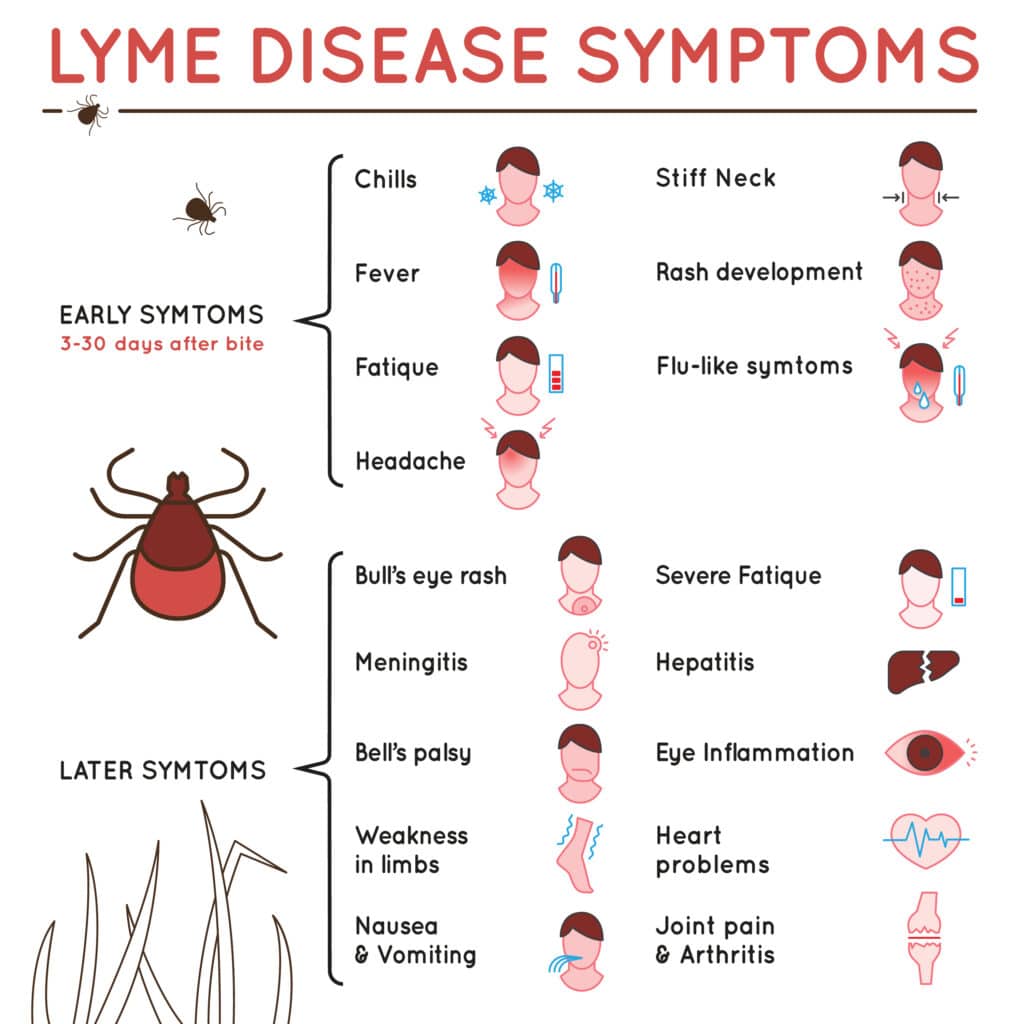
These are both symptoms of Lyme disease that patients with the condition show when they first develop the infection.
3. You’re Not Getting Enough Vitamin A In Your Diet

Do you have dry eyes and difficulty seeing at night, commonly known as night blindness? These are two symptoms that may indicate you aren’t getting enough Vitamin A in your diet.
You’ll find this essential vitamin in many foods, including milk, cheese, eggs, oily fish, and food sources that include beta-carotene. You’ll find beta-carotene in many leafy veggies like spinach, and other vegetables like sweet potatoes and carrots.
When you aren’t consuming enough Vitamin A, it makes it difficult for your eyes to produce enough moisture. It also prevents the production of necessary pigments in the retina to work and is the leading cause of preventable blindness in children around the world.
4. You Have High Cholesterol
Your primary care doctor can’t know if you have high cholesterol unless you have a blood test, but your eyes could clue in your eye doctor earlier. For patients younger than 40 with a yellow or blue ring around their cornea, this could be a sign of high cholesterol.
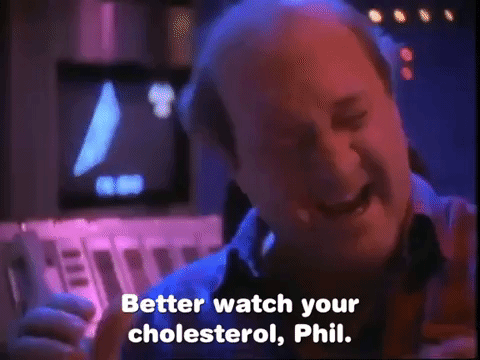
Combine this with other concerning risk factors like high blood pressure, being excessively large, being a smoker, and there’s a good chance you may have high cholesterol. If this is something that your eye doctor suspects after you have an eye exam, make an appointment with your primary care physician to find out for sure.
5. You’re At An Increased Risk Of Having A Stroke
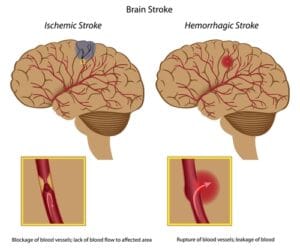
Finding tiny blood clots in the back of the eye or blood vessel damage due to having high blood pressure could increase your risk of having a stroke. You may notice sudden blind spots in your vision or feel like there is a curtain covering part of your vision if you have these blockages.
If you’ve lost some of your side vision, this may also be a warning sign of brain damage from a previous stroke. If you haven’t had a stroke yet, consider it a wake-up call and start adopting a healthier lifestyle.
Start off by eating healthier, exercising more, and quitting smoking if you’re a smoker. You’ll also want to see your primary care physician for more frequent check-ups to make sure your health is on the right track.
6. You Have Dry Eye Syndrome

Are your eyes itchy, irritated, or never feel like they get enough moisture? Do they often feel tired or uncomfortable after spending several hours working on the computer?
These are some of the signs of a common, chronic condition called dry eye syndrome. Dry eye syndrome is something that millions of people all over the world deal with, but may not know they have.
At your eye exam, your eye doctor will look at your eyes. If they suspect that you have dry eye syndrome, they may test the quantity and quality of your tears.
This will help them determine the root cause of what’s making your eyes dry. Once they’ve determined this, coming up with treatment options will be much easier!
It may include a mix of small lifestyle changes like adding a humidifier to your home and drinking more water. It may take a mix of lifestyle changes and medications, punctal plugs, or in-office procedures like Bleph-Ex to get the relief you need.
7. You May Have Skin, Tissue, Or Blood Cancer
Although it seems unusual, you can get skin cancer on the eyelids, as well as on the outer surfaces of the eye. The most common kinds of skin cancer your eye doctor could identify during your eye exam are melanoma, basal cell, and squamous cell.
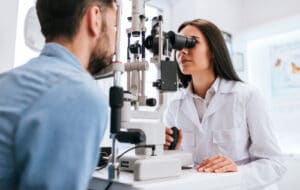
It’s also possible to develop leukemia and lymphoma on the interior of your eye. If you have breast cancer, tumors can even spread to ocular structures in the eye as well.
8. You Have Lupus
Another reason why you could have dry eyes besides having dry eye syndrome is an inflammatory condition called lupus. With lupus, one of the symptoms that patients may have is dry eyes, as well as swelling in the sclera, which is the white part of the eye.
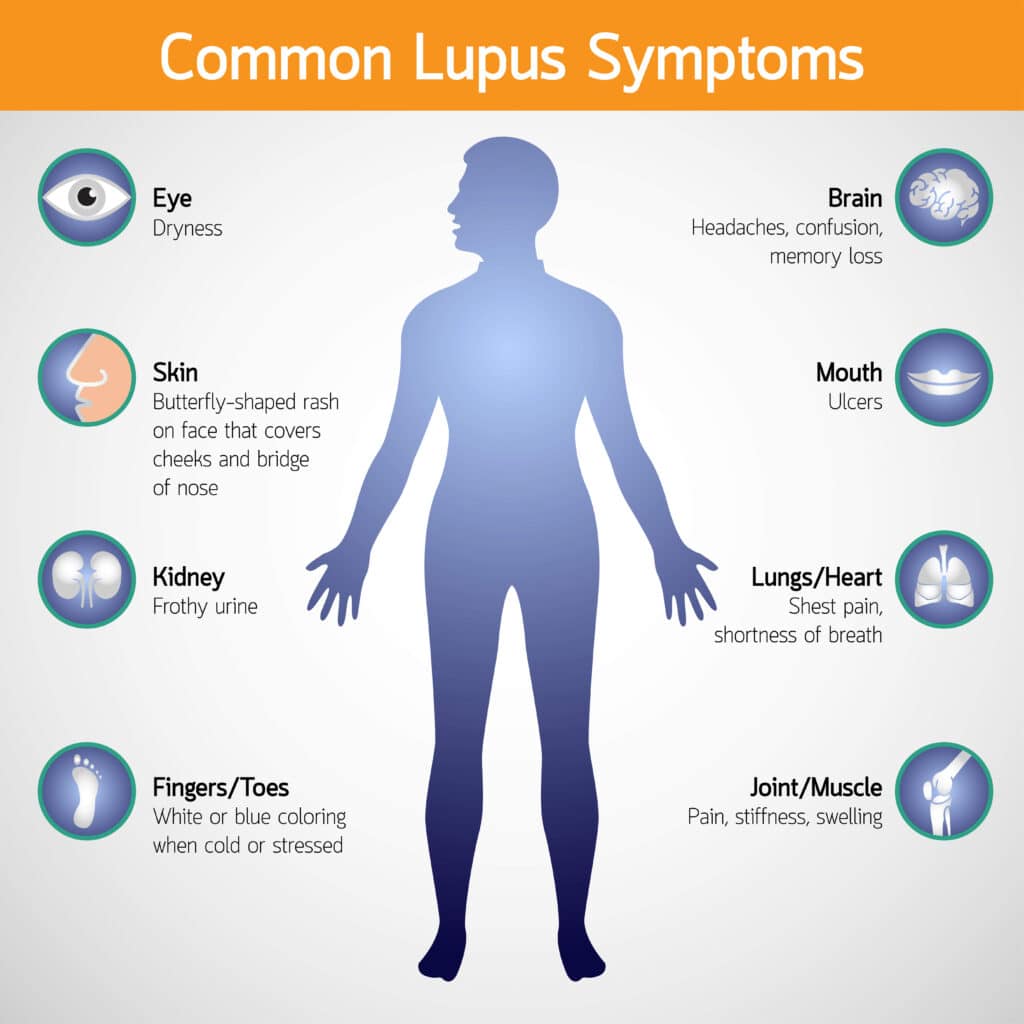
You may also see swelling in the middle layer of the eye or even in the back of the eye, where light-sensitive tissues are located.
Always See A Specialist or Your Primary Care Doctor To Follow Up
These are only some of the many health conditions that your eye doctor could detect during a comprehensive eye exam. What you need to remember is that even if you have the above symptoms for any of these conditions, it’s not a guarantee or complete diagnosis.
Your ophthalmologist will always recommend further testing if they think you have a serious health concern. Depending on what they find, this could be testing with a specialist or an appointment with your primary care physician.
Want to keep your eyes in tip-top shape? Learn more about the services that IQ Laser Vision in California and Houston has to offer!










